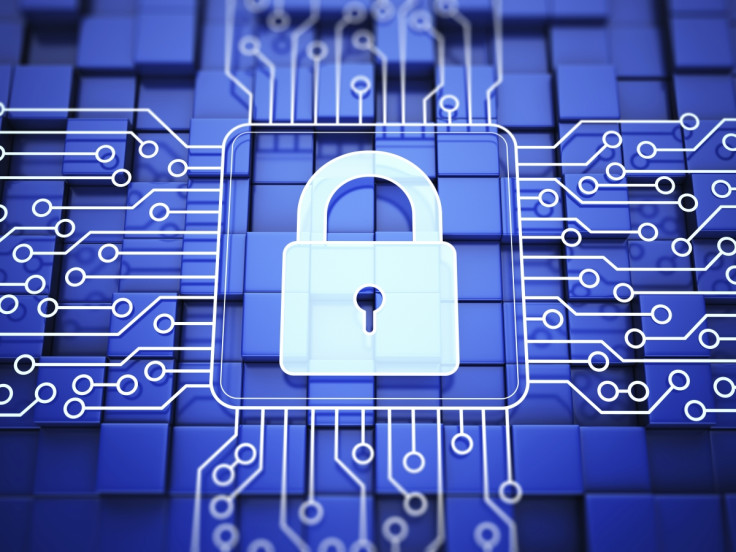FBI admits it can break into almost any device it wants to unlock
In 2016, in over 80% of its cases, the agency was reportedly able to unlock devices and access user data.

The FBI has reportedly acknowledged that in a majority of cases it investigates, the agency is able to unlock and access user data on computers and phones. According to the agency's general counsel Jim Baker, the FBI is also able to access data from devices of local and state police. In 2016, in over 80% of cases investigated, the bureau was able to unlock devices and obtain data.
In the past year, the FBI's forensic analysis team has come across password/passcode protected devices in 2,095 out of 6,814 cases, a mere 13%, Motherboard reported. In a public meeting on encryption, which took place on 11 November in Washington DC, Baker reportedly disclosed that even within the relatively small percentage of 2,095 devices, the bureau was able to unlock devices in 1,210 cases. The agency was unable to unlock around 880 devices, indicating that in some 87% cases, it was still able to access user data.
The disclosures bring to light the FBI's arguments on the need for backdoors on encryption and the fears it raised about "going dark", during its heated and most public battle with Apple earlier in the year. The revelations, however, indicate that despite the FBI's insistence on how encryption can obstruct criminal investigations, the agency's imperative need to push back encryption may not be as vital as it claimed.
"These numbers demonstrate that even with encryption turned on by default on all newer iPhones and some Android phones, it is posing a problem in a relatively small number of cases — while that same encryption is presumably preventing a wide range of crimes," said Kevin Bankston, the director of the New America Foundation's Open Technology Institute.
An FBI spokesperson refrained from either confirming or denying the numbers stated by Baker at the meeting. "885 or 886 devices the FBI was not able to access in [Fiscal Year 2016] does sound about right," the spokesperson said, adding: "I would suggest that is hardly an insignificant number."
Here's what the FBI told me in September that 13% failed phone consisted of.https://t.co/rvulqBb0WH pic.twitter.com/eD7Gkm9zrP
— emptywheel (@emptywheel) November 11, 2016
According to surveillance expert and blogger Marcy Wheeler, the FBI's claim about a 13% failure rate of getting into devices is "bogus" as the numbers were "not a measure of how encryption thwarted the FBI".
© Copyright IBTimes 2024. All rights reserved.






